

Write what you are looking for and press enter to begin your search!

Live News
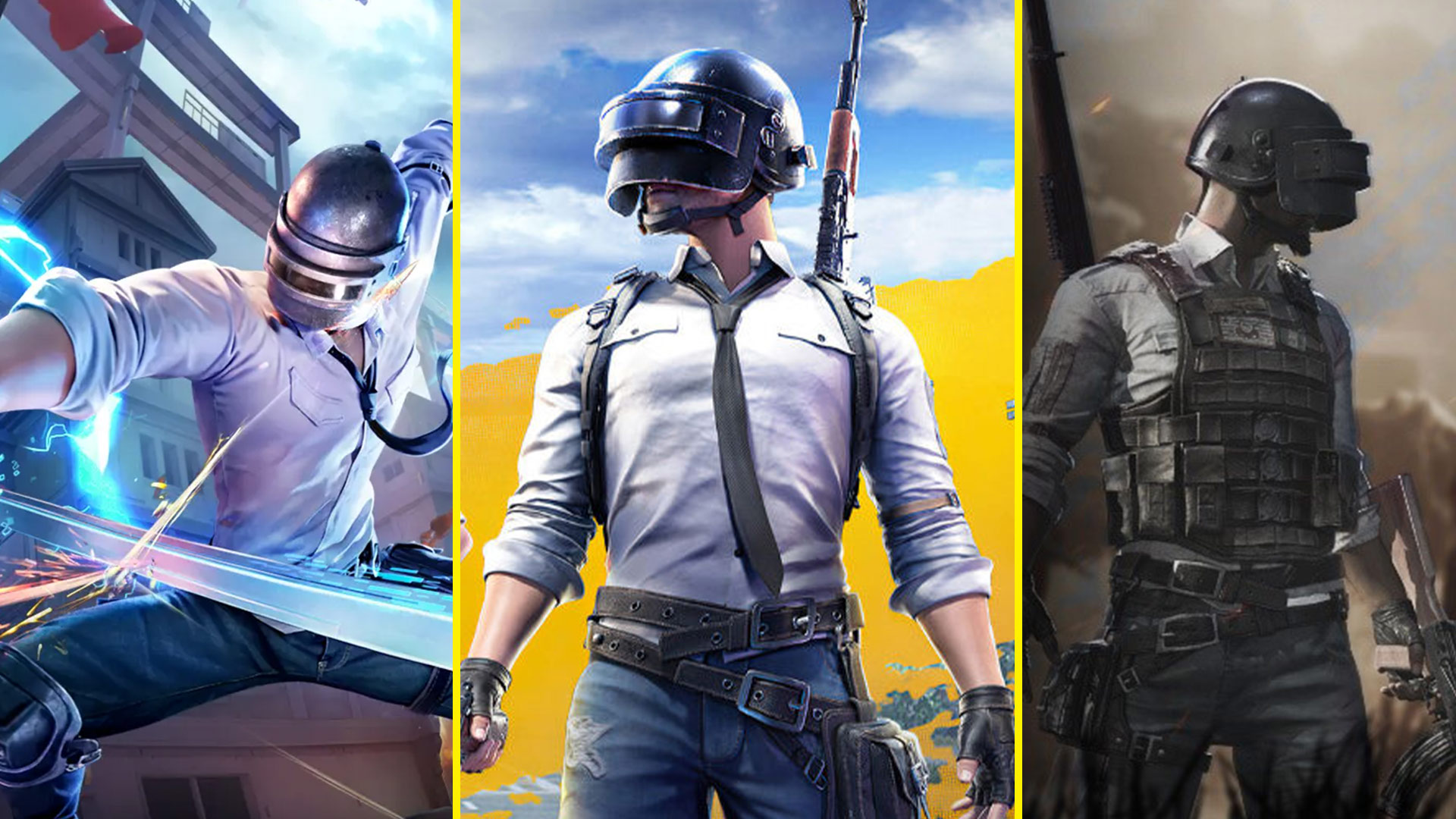

The Evolution of Battle Royales: How PUBG Shaped an Entire Genre
 ">
">
By Lewis "lickety" Larcombe|March 15, 2024|0 Comment
In the ever-evolving landscape of video games, few genres have captivated players and developers alike with the same intensity as the battle royale. Defined by its heart-pounding gameplay and unforgiving landscapes, battle royale games immerse players in a fight for survival, where only the strongest, smartest, and most resourceful emerge victorious.
At the forefront of this digital battleground stands PlayerUnknown’s Battlegrounds, better known as PUBG (and its mobile equivalent), a game that not only revolutionised the genre but also left an indelible mark on the gaming industry as a whole.
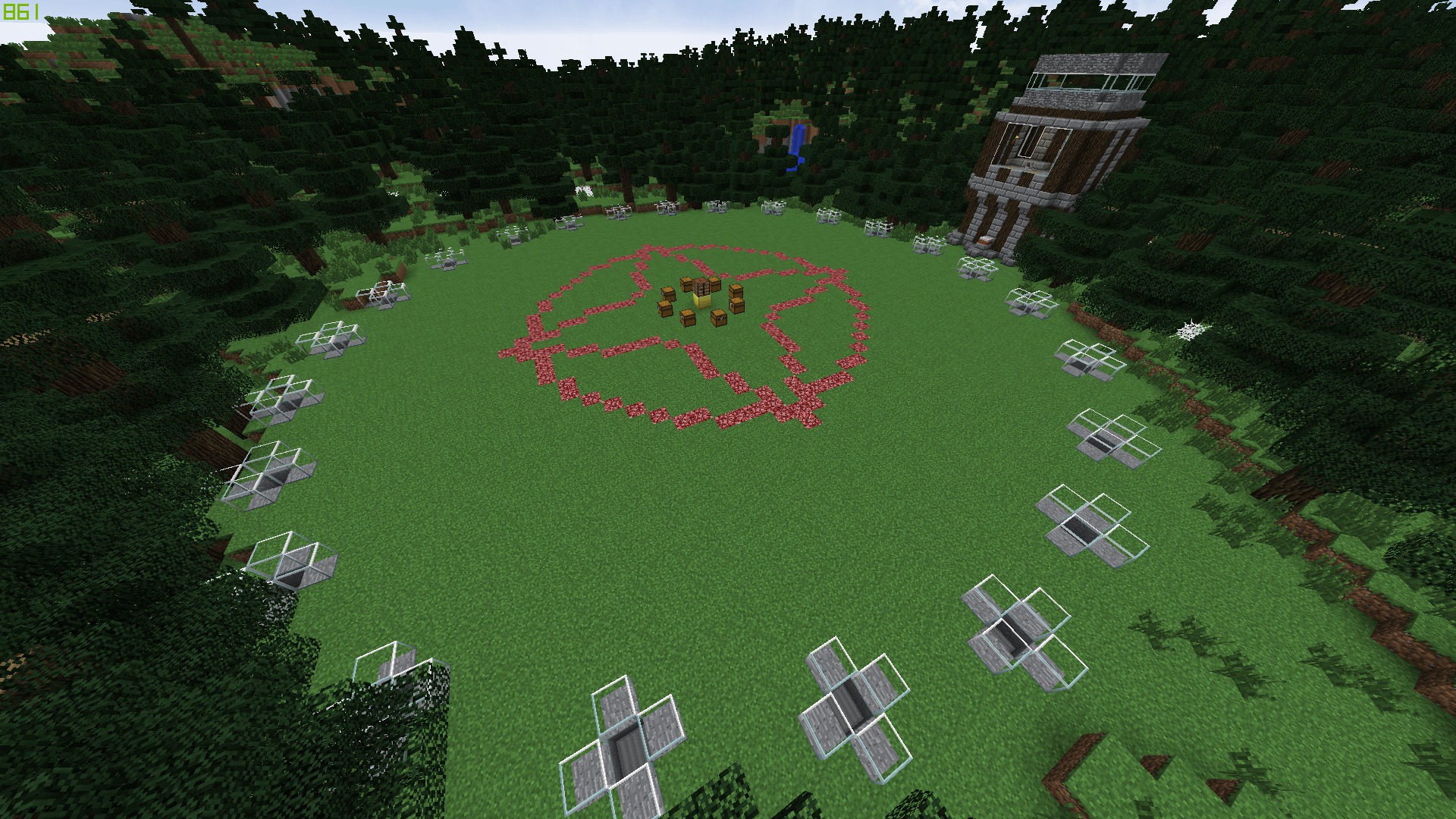
Back before the genre even had a name, in 2012, Minecraft was already a powerhouse in gaming, captivating players with its boundless creativity and open-world gameplay. Within this expansive digital realm, players began experimenting with new challenges and competitions.
Enter Minecraft Hunger Games, a game mode inspired by popular books and films. Here, players spawned into maps with limited resources, engaging in a fight for survival. The last player standing emerged victorious, earning acclaim and satisfaction for outlasting their opponents. Minecraft Hunger Games offered a fresh mix of exploration, resource management, and player-versus-player combat in Mojang’s distinctive blocky world. Its popularity surged as players flocked to servers hosting Hunger Games matches, eager to test their skills against friends and strangers alike.
As the game mode gained traction within the gaming community, it wasn’t long before its influence began to permeate other titles. In particular, the success of Minecraft Hunger Games played a pivotal role in inspiring developers to explore similar concepts within different gaming environments.
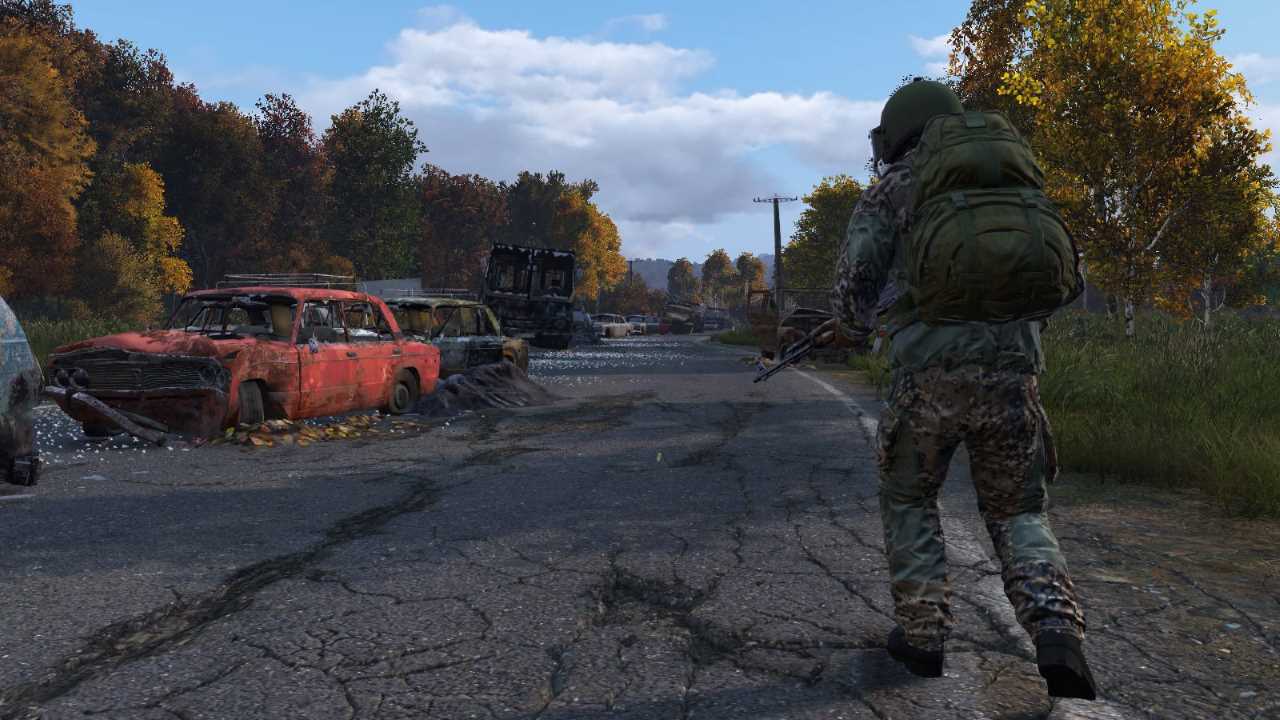
In the same year that Minecraft Hunger Games emerged, another significant development occurred in the gaming world with the emergence of DayZ. It was here that Brendan Greene, known as PlayerUnknown, began his journey into the realm of battle royale game design. Inspired by the open-ended gameplay of DayZ and the intense competition of Hunger Games (books, not the Minecraft mod—although it could be both), Greene set out to create a game that would combine the best elements of both worlds.
With his experience as a modder and a passion for innovation, Greene embarked on a mission to push the boundaries of what was possible in the gaming industry. Drawing inspiration from his own experiences and the successes of games like Minecraft Hunger Games, Greene sought to create a game that would offer players a truly unique and unpredictable experience.
Teaming up with the Seoul-based studio Bluehole Ginno Games, Greene found the perfect partner to realise his ambitious vision. Together, they set out to create a game that would redefine the battle royale genre for years to come.
Development began in earnest in early 2016, with Greene at the helm as creative director. Armed with the powerful Unreal Engine 4, the team worked tirelessly to bring Greene’s vision to fruition. The result was a game that blended the realism of ARMA with the accessibility of H1Z1, creating a truly unique gaming experience.
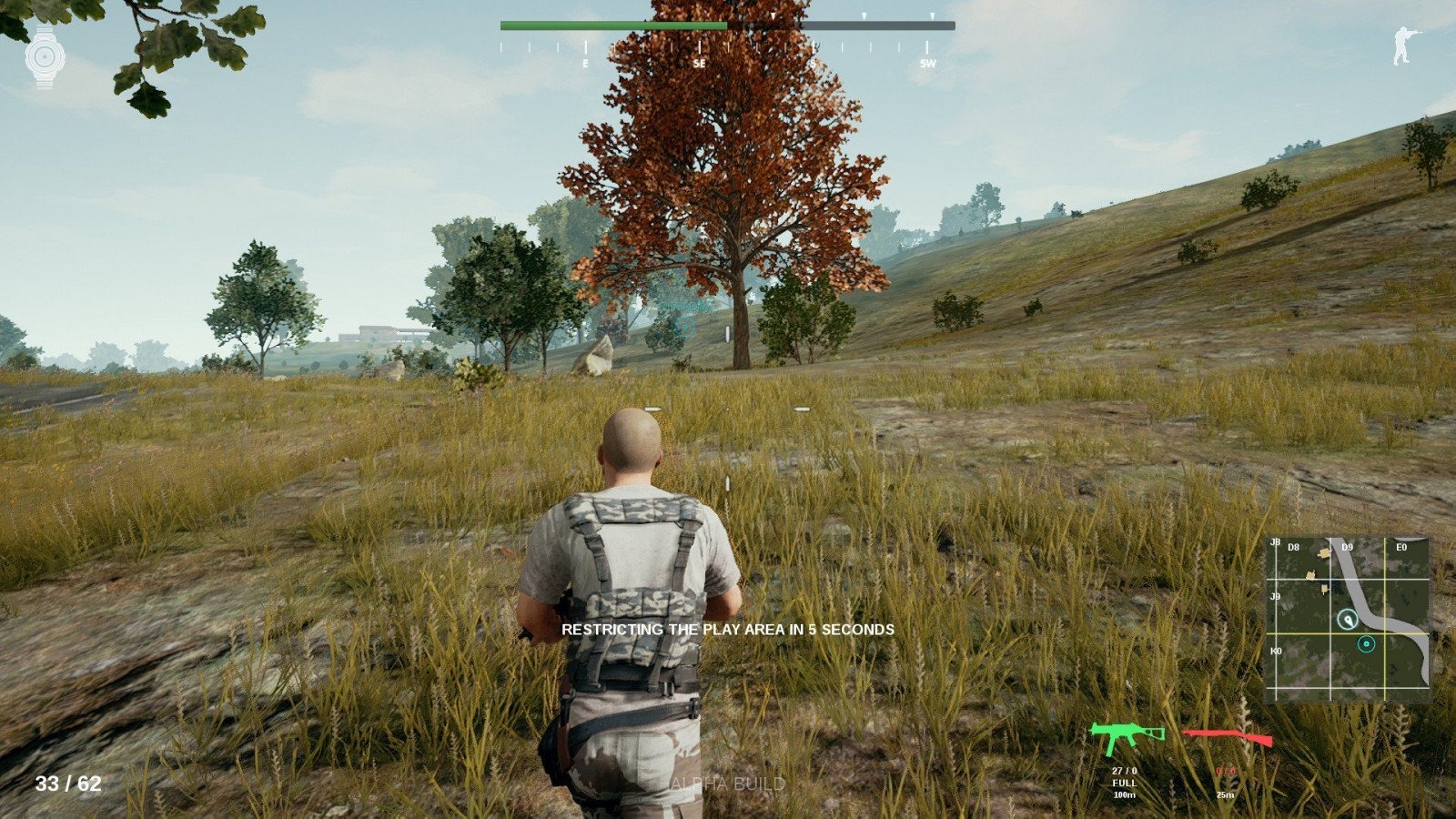
Armed with his vision and fuelled by his passion for gaming, Greene set out to bring PUBG to life. Teaming up with the Seoul-based studio Bluehole Ginno Games, Greene found the perfect partner to realise his ambitious vision. Together, they embarked on a journey of collaboration and creativity, determined to push the boundaries of what was thought possible in the battle royale genre.
The development of PUBG was a labour of love, with Greene at the helm as creative director. From the outset, he sought to create a game that would offer players a truly unpredictable experience—one where every match felt fresh and exhilarating. With the powerful Unreal Engine 4 as their tool of choice, the team set to work, pouring countless hours into crafting the world of PUBG from the ground up.
The process was not without its challenges. Building a game of such scale and ambition required innovative solutions and a willingness to push the limits of technology. Greene and his team grappled with the complexities of map design, grappling with issues such as optimising the distribution and placement of weapons and gear to create a balanced and engaging gameplay experience.
Moreover, Greene’s commitment to fostering creativity and experimentation within the PUBG community led to the inclusion of modding support and custom game modes—a decision that would further elevate PUBG from a mere game to a platform for endless possibilities. This dedication to player agency and creativity would become a hallmark of the PUBG experience, setting it apart from its peers in the battle royale genre.
As development progressed, PUBG began to take shape, capturing the imagination of gamers around the world. Its innovative gameplay mechanics, combined with its dynamic map design and relentless intensity, struck a chord with players of all backgrounds. From its iconic freefall mechanic to its signature phrase “winner winner chicken dinner,” PUBG became synonymous with excitement and adrenaline-fuelled action.
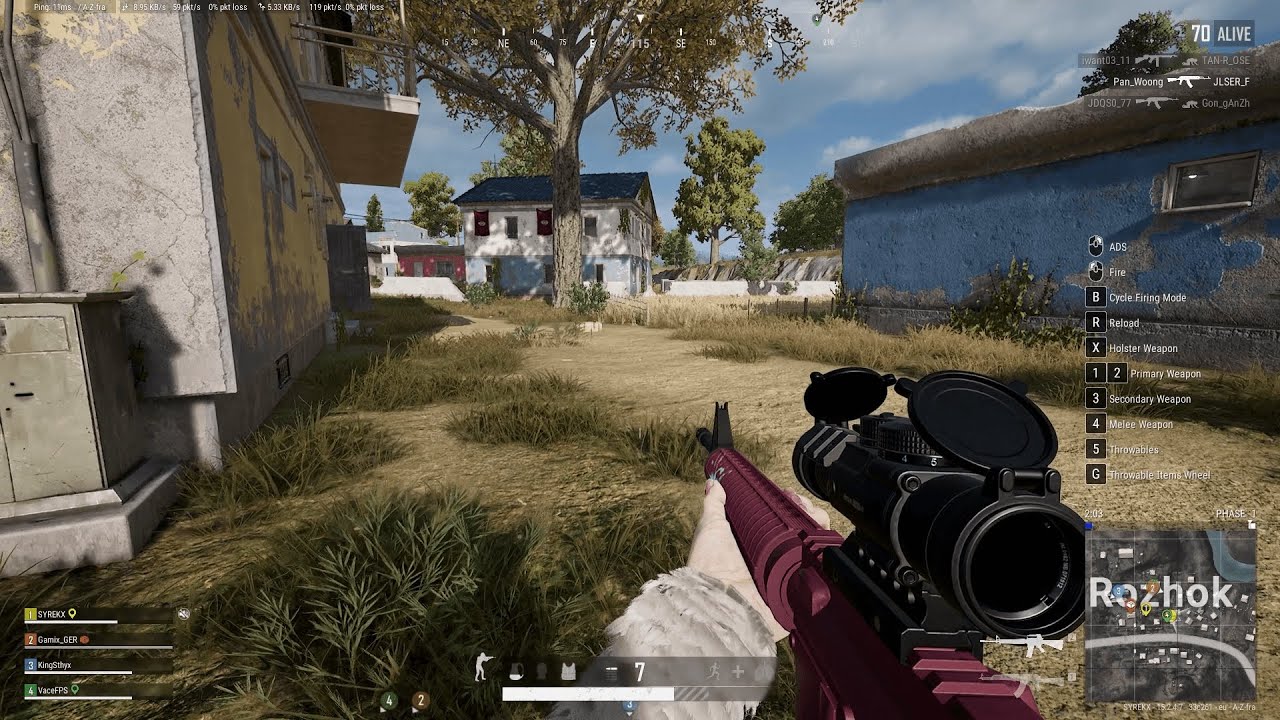
Although PUBG gained recognition primarily on personal computers, its influence extended beyond traditional gaming platforms. With the surge in mobile gaming and the growing popularity of consoles, PUBG aimed to reach a broader audience by venturing into new territories. Bluehole’s strategic use of closed alpha and beta phases, involving around 80,000 players, played a crucial role in evaluating initial feedback on gameplay and adjusting the game’s balance before a wider release. This iterative approach enabled the development team to refine the game mechanics and deliver a polished experience for players.
The early access phase on Steam marked a significant turning point for PUBG, as Bluehole invited popular livestreamers to try the game on a few servers, sparking widespread interest among gamers. However, unforeseen challenges and overwhelming demand led to an extension of the early access period, highlighting the need for stability and gameplay improvements. Despite these hurdles, PUBG’s popularity continued to rise, catching the attention of Tencent Games, China’s largest video game publisher. The partnership between Bluehole and Tencent paved the way for the game’s release in China, albeit with adjustments to comply with local regulations and cultural norms.
In addition to its presence on personal computers, PUBG made significant strides in the console gaming market. Microsoft’s collaboration with Bluehole to bring PUBG to Xbox One as a timed console exclusive demonstrated the game’s potential to appeal to a broader audience. The release of the Xbox Game Preview edition generated considerable excitement, with real-life supply crate drops in Australia serving as a unique promotional strategy. The subsequent launch of PUBG on PlayStation 4 further solidified its status as a multi-platform phenomenon, offering platform-exclusive customization items and a captivating live-action film to promote the release. Cross-platform play support between Xbox and PlayStation versions further underscored PUBG’s commitment to accessibility and inclusivity.
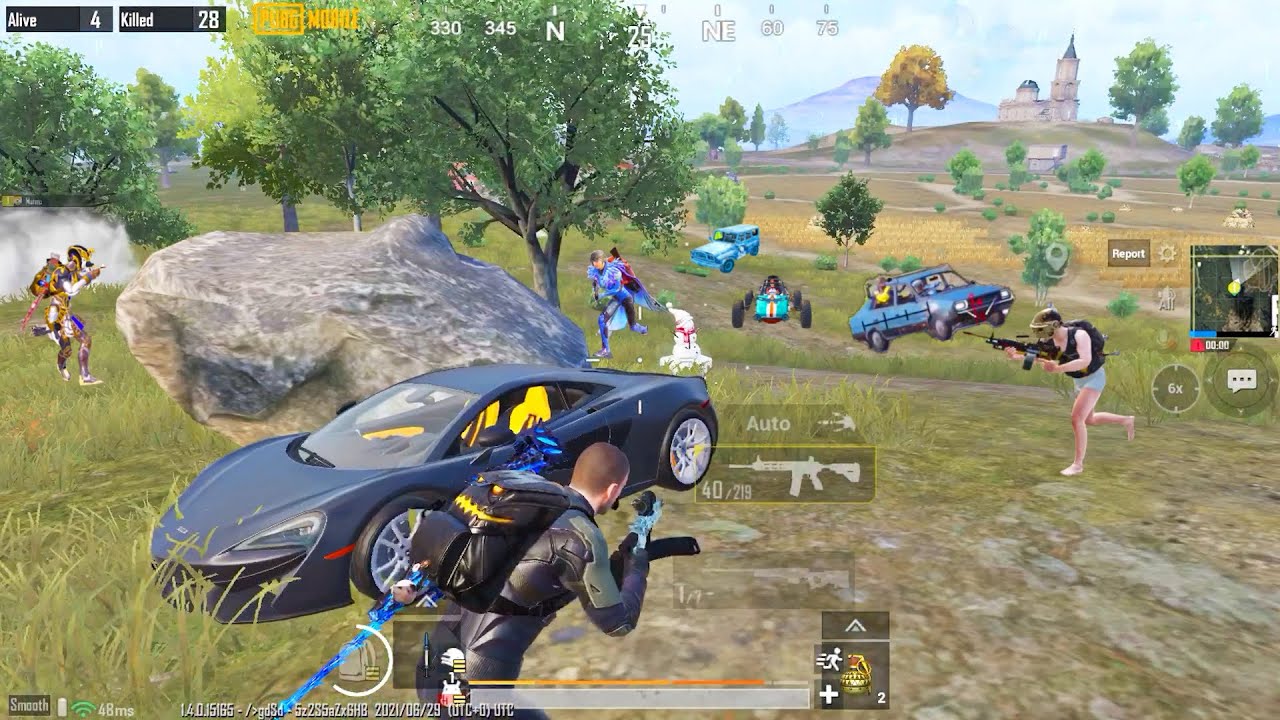
Moreover, PUBG’s entry into the mobile gaming arena proved to be a game-changer, with the release of PUBG Mobile captivating millions of players worldwide. The game’s success in China, despite regulatory hurdles, highlighted its universal appeal and paved the way for tailored releases in different regions. From personal computers to consoles to mobile devices, PUBG’s journey exemplifies the transformative impact of gaming as a global phenomenon. By transcending traditional boundaries and embracing new platforms, PUBG continues to redefine the gaming landscape, inspiring players of all ages and backgrounds to join the battle for survival.
As PUBG transitions to a free-to-play model and expands its presence across platforms, one thing remains clear: the legacy of PUBG will endure, shaping the future of gaming for generations to come. Whether on a PC, console, or mobile device, players worldwide will continue to flock to the battlegrounds, eager to test their skills and emerge victorious in the ultimate game of survival.
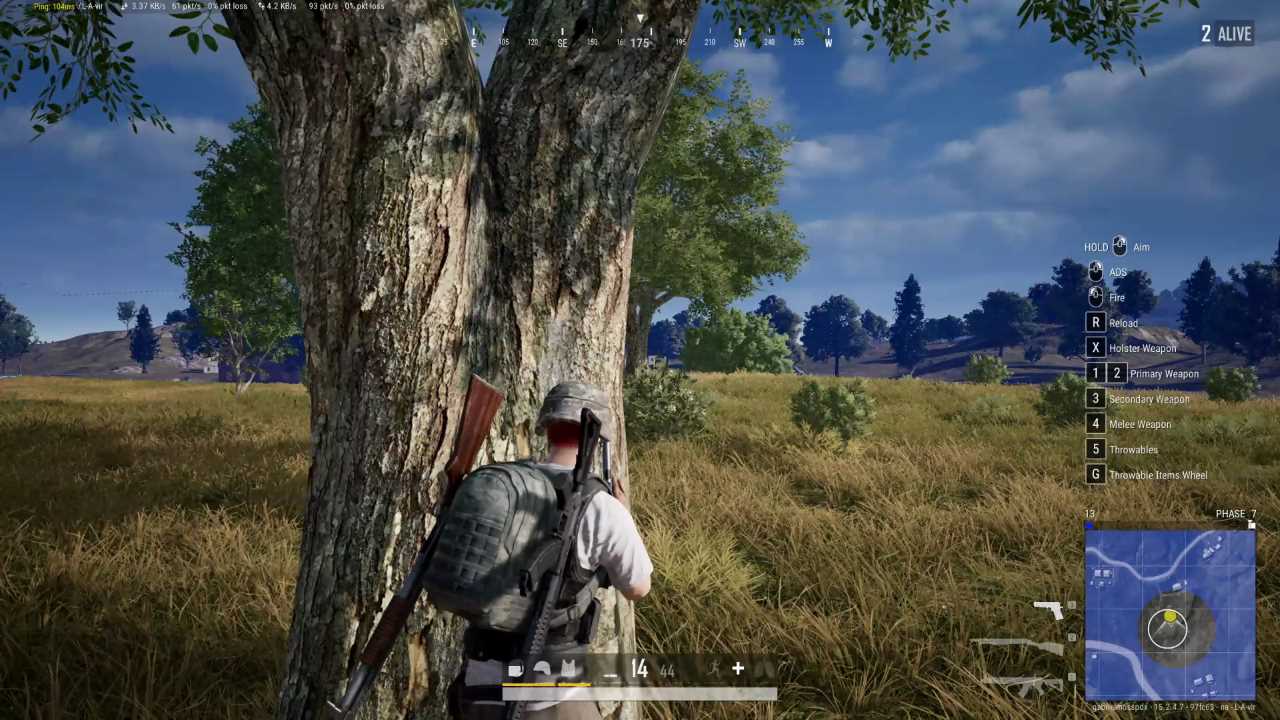
As PUBG continued to evolve, so too did its impact on the gaming industry. Its success paved the way for a new generation of battle royale games, each seeking to capture the magic of Greene’s creation. From Fortnite to Apex Legends, the influence of PUBG can be felt far and wide, shaping the landscape of competitive gaming for years to come.
Yet, even as PUBG’s legacy continues to grow, its journey is far from over. With ongoing updates and support from its dedicated community, PUBG remains a beacon of innovation and excellence in the world of gaming. As Brendan Greene himself once said, PUBG is more than just a game—it’s a platform for endless possibilities, a testament to the power of creativity and collaboration in the digital age.
In the annals of gaming history, few titles can claim to have had the same impact as PUBG. From its humble beginnings as a modder’s passion project to its status as a global phenomenon, PUBG has left an indelible mark on the world of gaming, forever changing the way we play and experience video games. As we look to the future, one thing is clear: the legacy of PUBG will endure, inspiring generations of gamers to come.
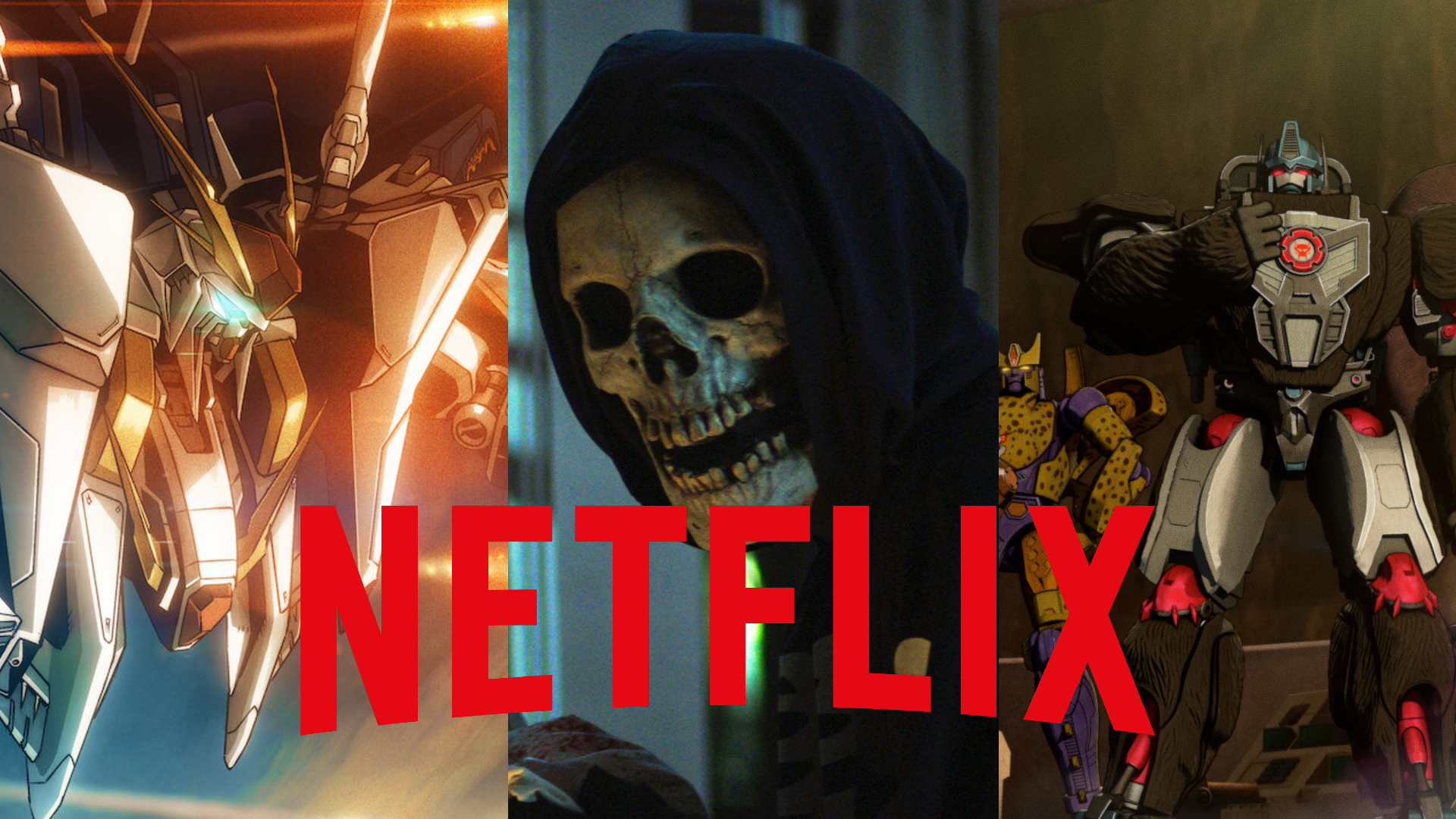
By Alleef Ashaari|June 28, 2021
Since everyone is (still mostly) staying home because of the ongoing COVID-19 pandemic, I’m sure you won’t want to waste time sifting th...

By Alleef Ashaari|March 23, 2022
Malaysia-based developer Kaigan Games and publisher Neon Doctrine have officially announced Simulacra 3. Kaigan Games previously released horror title...

By Fitri Razif|February 4, 2022
With Elden Ring coming out soon this month, let's take a look at one of the most consistent elements of the From Software dark fantasy-laden Soulsborn...

By Mr Toffee|November 20, 2024

By Team KKP|October 29, 2024

By Kenn Leandre|October 25, 2024

By Mr Toffee|October 24, 2024

By Team KKP|October 21, 2024

By Lewis "lickety" Larcombe|September 18, 2024

By Alisha Alix|August 20, 2024

By Alleef Ashaari|July 17, 2024

By Team KKP|July 1, 2023

By Alleef Ashaari|August 2, 2021
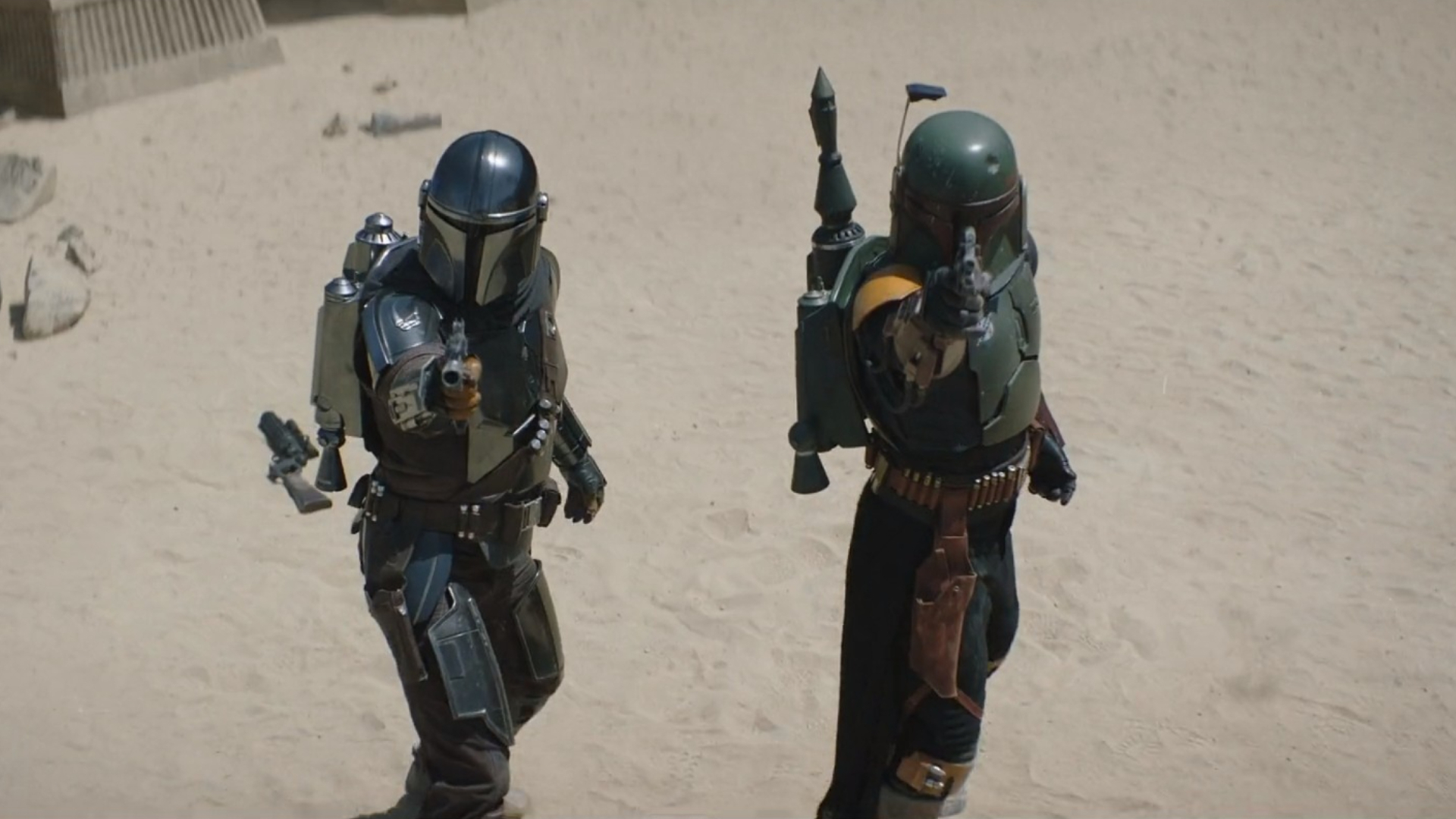
By Alleef Ashaari|February 9, 2022

By Mr Toffee|November 20, 2024

By Team KKP|October 29, 2024

By Kenn Leandre|October 25, 2024

By Mr Toffee|October 24, 2024

By Team KKP|October 21, 2024

By Lewis "lickety" Larcombe|September 18, 2024

By Alisha Alix|August 20, 2024

By Alleef Ashaari|July 17, 2024

By Team KKP|July 1, 2023

By Lewis "lickety" Larcombe|November 23, 2024

By Mr Toffee|November 23, 2024

By Mr Toffee|November 20, 2024

By Team KKP|October 29, 2024

By Kenn Leandre|October 25, 2024

By Mr Toffee|October 24, 2024

By Team KKP|October 21, 2024

By Lewis "lickety" Larcombe|September 18, 2024

By Alisha Alix|August 20, 2024

By Alleef Ashaari|July 17, 2024

By Team KKP|July 1, 2023
Copyright @ Kakuchopurei 2024